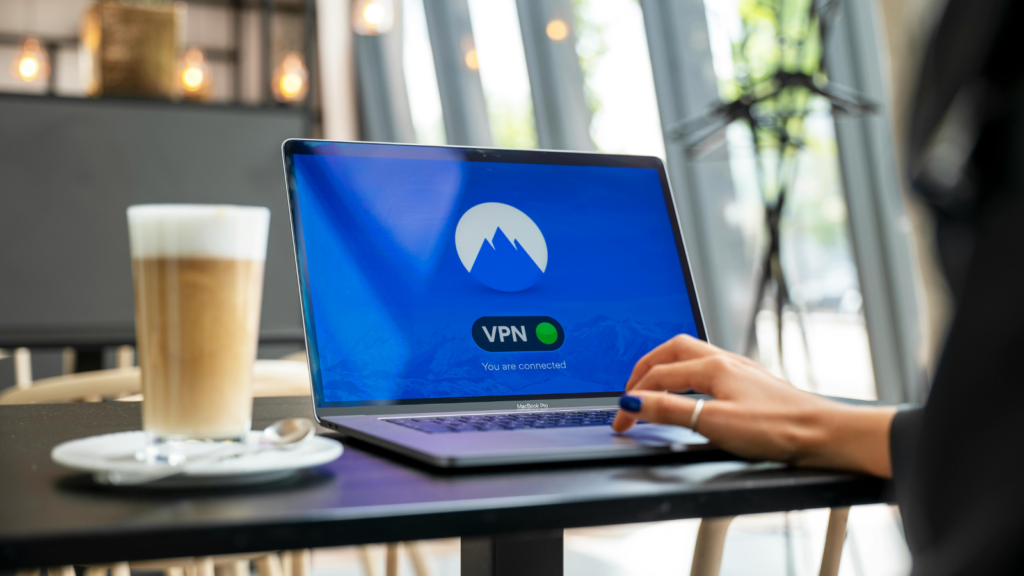Secure, private, reliable: How a VPN can maintain your online safety

Photo by Stefan Coders on Pexels
Opinions expressed by Digital Journal contributors are their own.
Security, privacy, and reliable connectivity are more than just conveniences — they are essential pillars for navigating the complexities of the modern digital landscape. In an era where every click, search, and transaction leaves a trail, relying solely on the built-in protections provided by your device or internet service provider (ISP) is no longer enough. The reality is that these basic safeguards can only do so much to shield you from the myriad of threats lurking online. This is where additional security tools, such as a Virtual Private Network (VPN), become crucial. A VPN not only enhances your privacy by masking your online activities but also ensures a secure and encrypted connection, protecting your data from prying eyes. As we increasingly integrate digital tools into our daily lives, the question arises: Are you doing enough to protect your online security?
Low-cost online security for anyone
Virtual private networks (VPNs) have become increasingly popular as a low-cost security investment for many users, from businesses that use VPNs to secure connections to company networks when working remotely or abroad to students who can use VPNs to bypass restrictive network access policies to gamers who significantly benefit from avoiding lag and potential DDoS attacks. Any number of users have good reason to use a VPN but might need to learn what it is or the benefits it offers.
A VPN is a service designed to protect your identity and online activity from anyone who might be watching your internet activity. These services hide your device’s IP address and encrypt any data it sends or receives, maintaining the safety of your personal information online.
Public spaces such as libraries, coffee shops, and grocery stores have WiFi that is especially susceptible to security breaches and potentially malicious attacks by spyware and hackers. Still, a VPN will ensure that your data cannot be intercepted and interpreted.
How VPNs came to be
VPNs were developed when the internet had few to no user security protections. Rampant scams, frequent hacks, and infamous viruses affected users who were not yet experienced in detecting standard methods of online attacks. Only thirty years ago, the idea for the VPN was born to protect users through anonymity.
They began as tools for maintaining anonymity online, protecting users from prying eyes while exploring the young internet. Because of relaxed regulations, some VPNs even recorded users’ online activity to justify improving their products. Nowadays, almost all VPNs and cloud security options offer a logless service, where no information is ever recorded from users.
As VPN utilities expanded to include additional security protections and safety features and secure servers were scattered worldwide, one of the more popular additions was providing users with the ability to bypass region-locked content. Many VPNs today allow users to bypass region-locked content, an excellent tool for traveling and enabling full access to streaming catalogs.
Modern devices are increasingly built to listen in on your day-to-day life, and though they promise improved security overall, your device may have more malicious intentions. Government agencies, ISPs, and marketers use trackers and data to monitor your online activity and personal data.
VPNs are widely available and effective means of defending data while using the Internet, encrypting information even from your own ISP. Since most modern society relies on internet connections, it is susceptible to this kind of data tracking; any security-conscious individual has a use for a VPN.
Encryption and security
So, for all its popularity and protection, how exactly does a VPN work? When using a VPN, your internet traffic moves from a personal device to your ISP’s server. A VPN reroutes this connection to one of its various global servers, encrypts the data sent there, and then sends the encrypted data back to your ISP. Unencrypted data is interpreted by your ISP and recorded without a VPN as helpful information. Your IP address is detectable online, revealing your location to anyone looking.
Why get a VPN?
In addition to the safety and security measures discussed, there are four primary reasons to get a VPN. These should be important considerations for maintaining online defenses, even for the average person.
Encrypt data anywhere
Privacy when using public WiFi is easy with a VPN, but without one, there are security risks you might not have even been aware of. Most public WiFi is not password protected; if it is, the password is freely available for anyone who asks.
Sometimes, significant businesses offer public WiFi to collect your valuable data for their use, and their in-store apps collect similar information while using their WiFi. Without a VPN, hackers on the same network can intercept unencrypted data from your device and collect information on you without your knowledge.
Cyber security
As a law-abiding citizen with nothing to hide, you might think your data wouldn’t be valuable to anyone looking in. Most assume their device has no data worth knowing, so there’s no need to look into security options. Many must realize they regularly use their device to transmit identifying information, personal health data, and online transactions.
This information can be used for any number of malicious crimes at the expense of one’s identity and is, therefore, one of today’s most important security concerns. A VPN can ensure safety online just by encrypting the data transmitted by your device.
Protect data from anyone
As established, ISPs are consistently tracking your data online. The United States requires that a provider maintains a record of your browsing history and online activity for 90 days in the event of detecting a criminal act or needing other personal information. Some ISPs even include a clause in their terms of service that allows the company to sell your data to advertisers, resulting in curiously familiar ads. A VPN’s encryption service prevents your ISP from receiving this information by making the data uninterpretable and keeping online activity private and secure.
Bypassing regional restrictions
By connecting to any of your VPN service’s global servers, a user may take advantage of the location to access region-locked content. Streaming services often limit or offer entirely different libraries of content based on a user’s physical location, meaning what shows are available in Japan might not be accessible in the US.
Netflix is infamous for this practice, but by connecting to a server in another part of the world, a VPN makes it seem like you are in that country, enabling access to restricted content.
VPNs are often threatened by crackdowns for the freedoms they offer citizens of restrictive governments. In the same way, a VPN may be used to access region-locked content. Still, these citizens take advantage of VPNs to skirt laws that prevent them from viewing content their government doesn’t want them to see, opening up knowledge of the world that was previously inaccessible.
Secure, private, reliable: How a VPN can maintain your online safety
#Secure #private #reliable #VPN #maintain #online #safety





